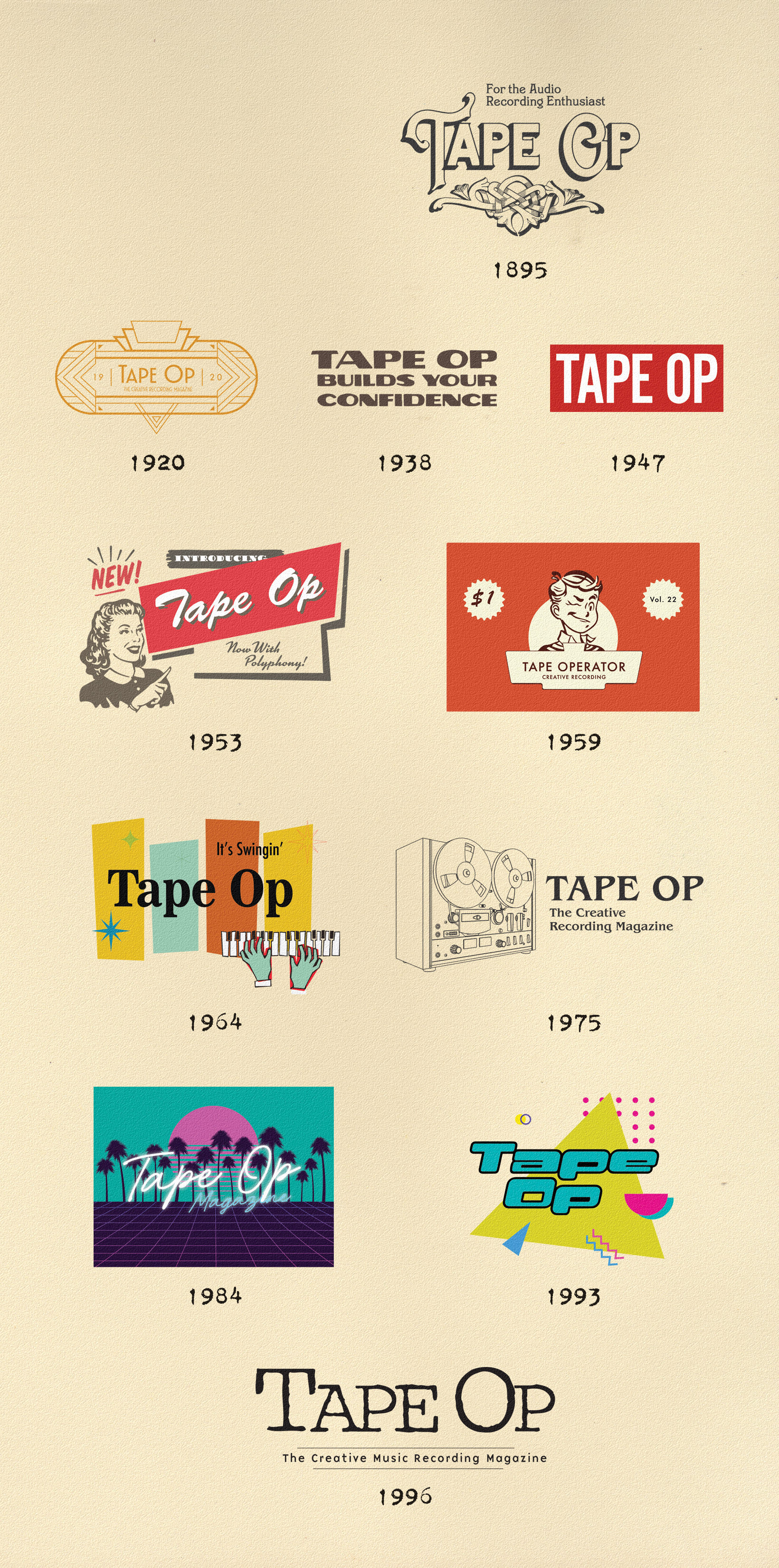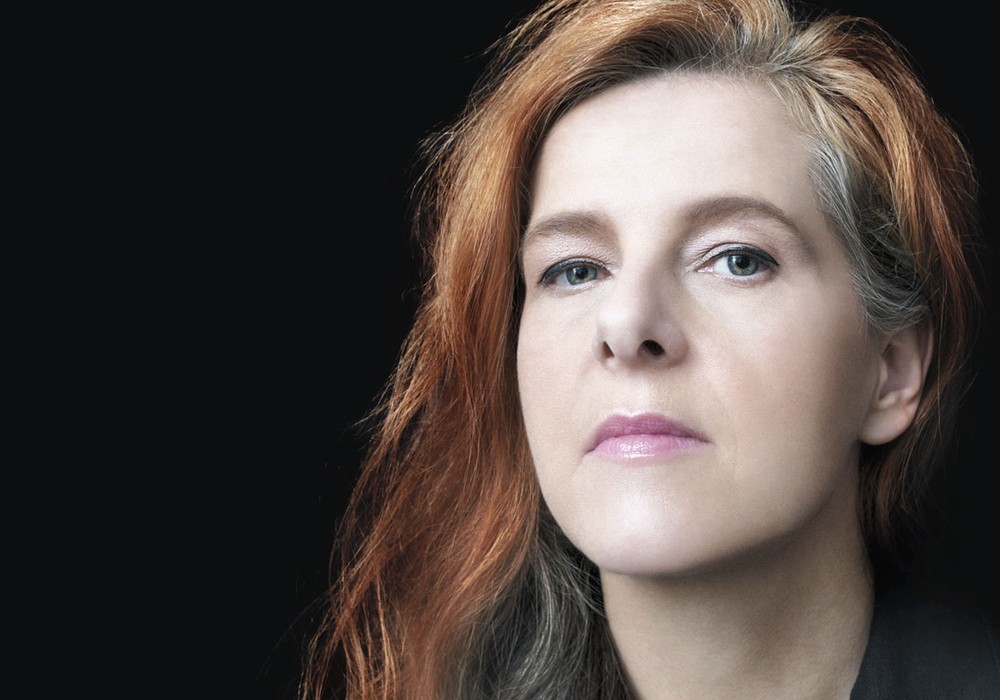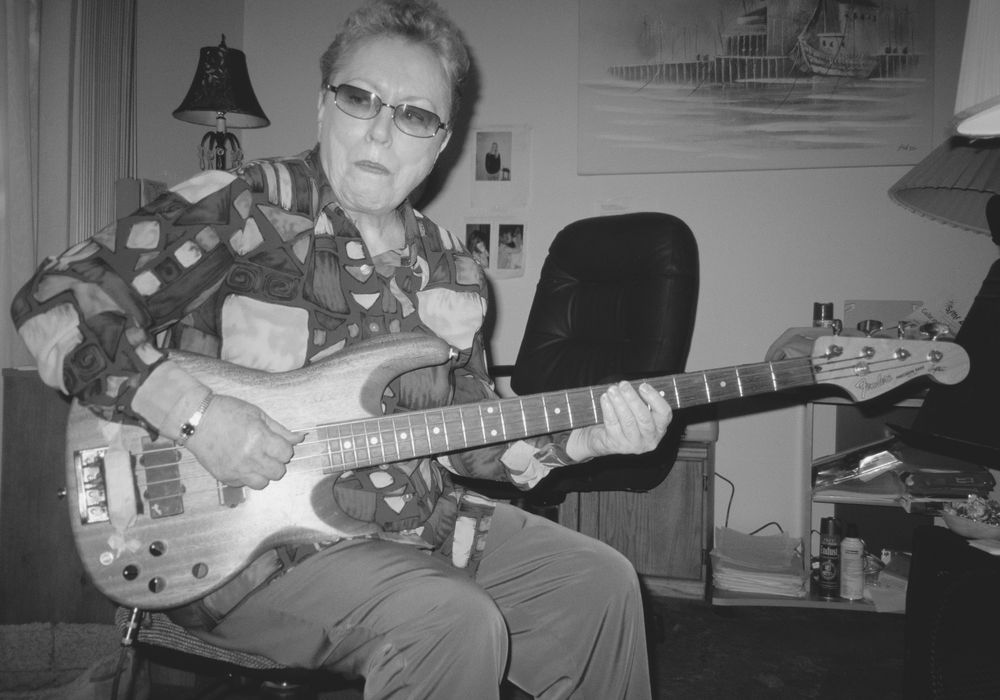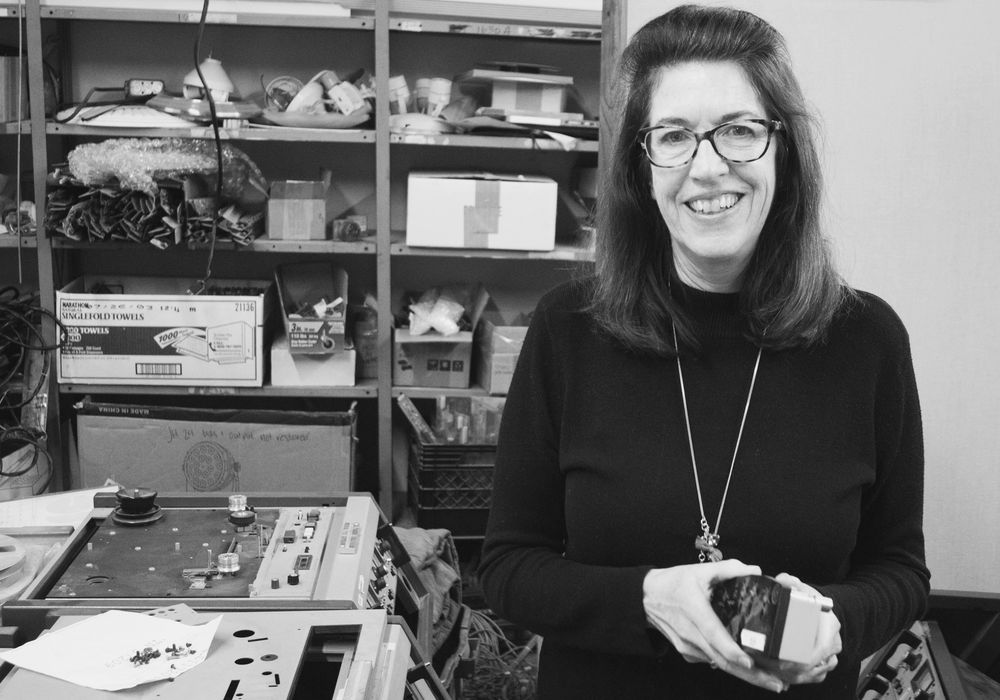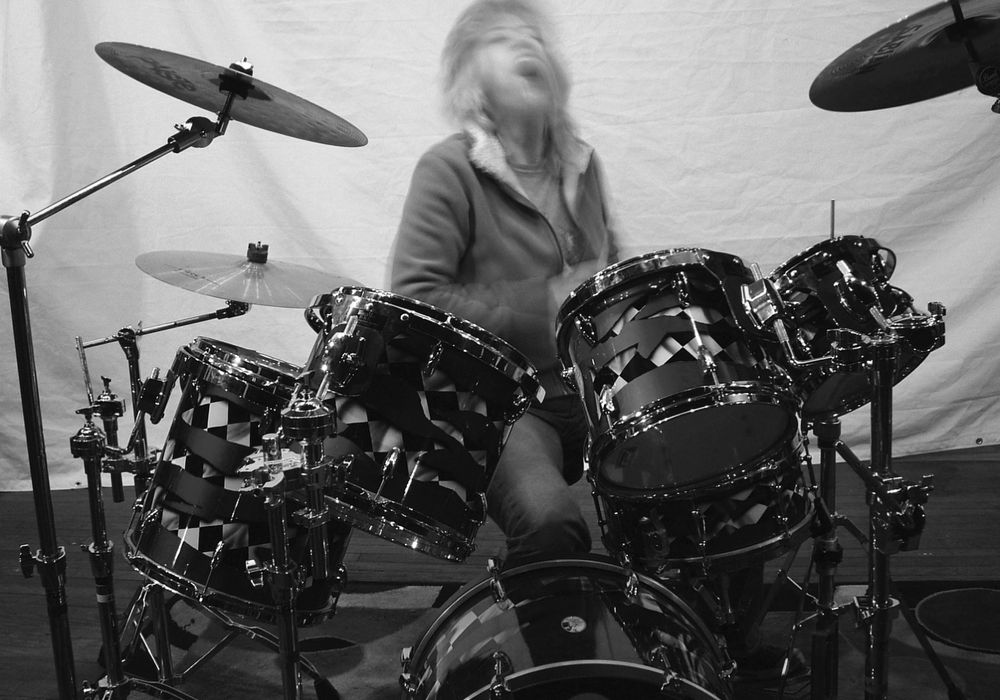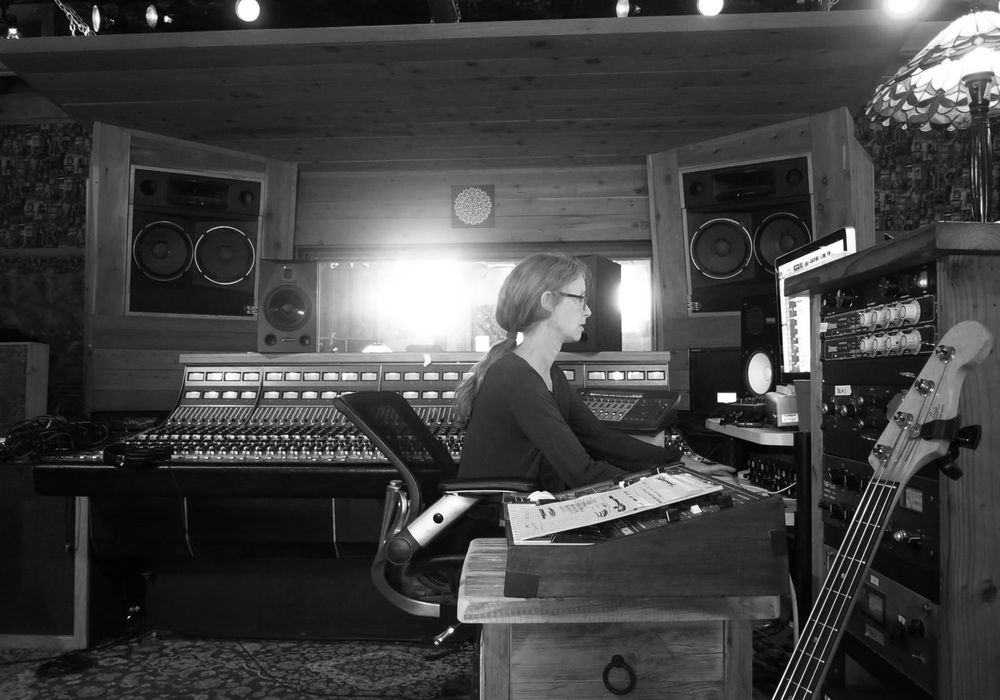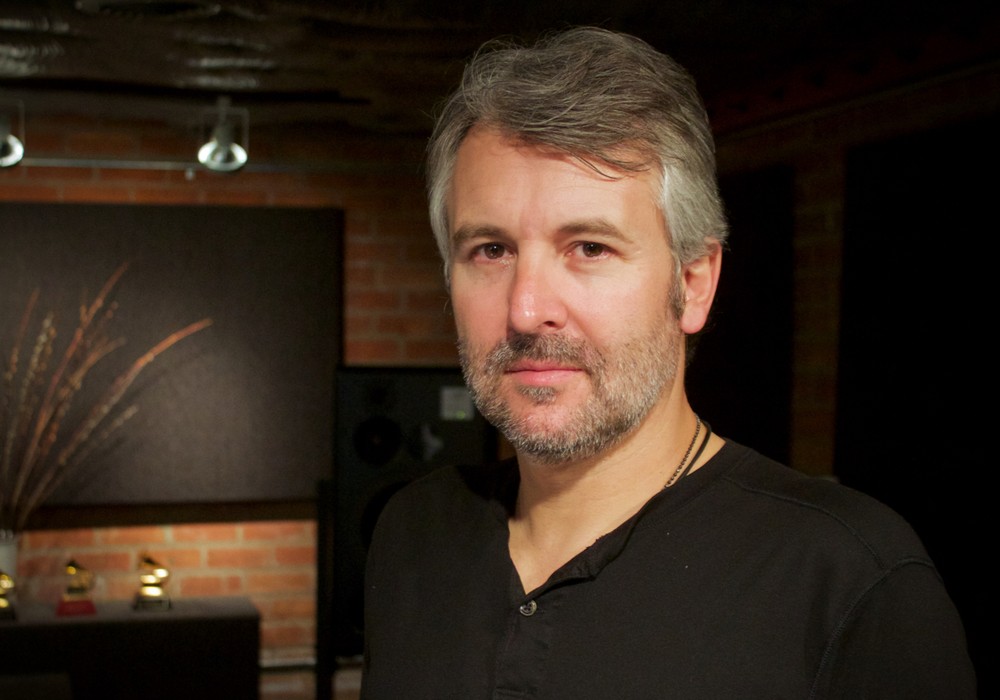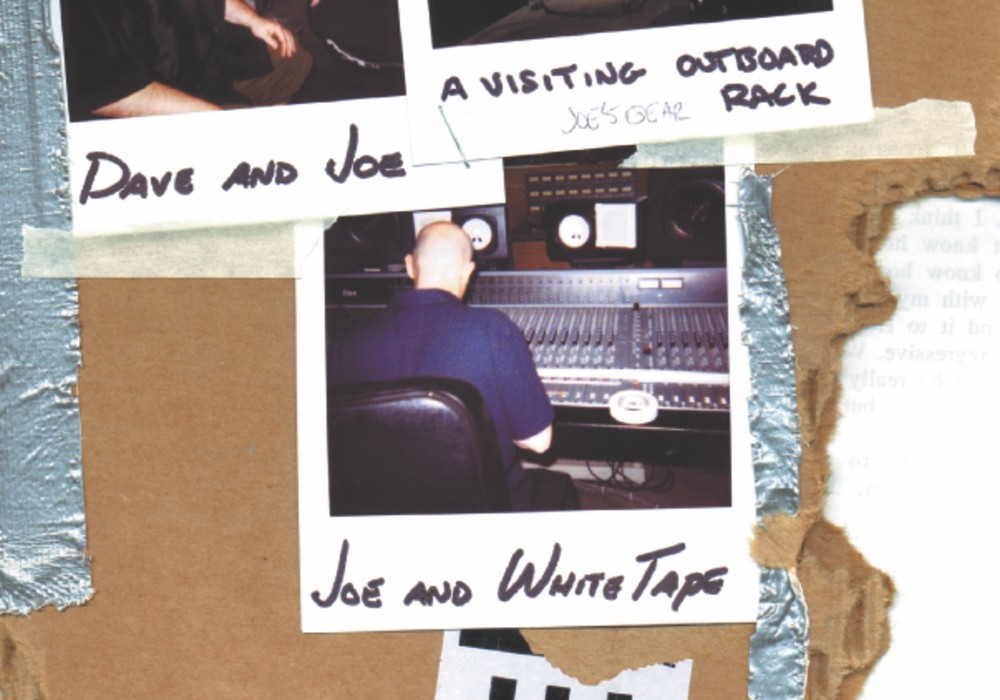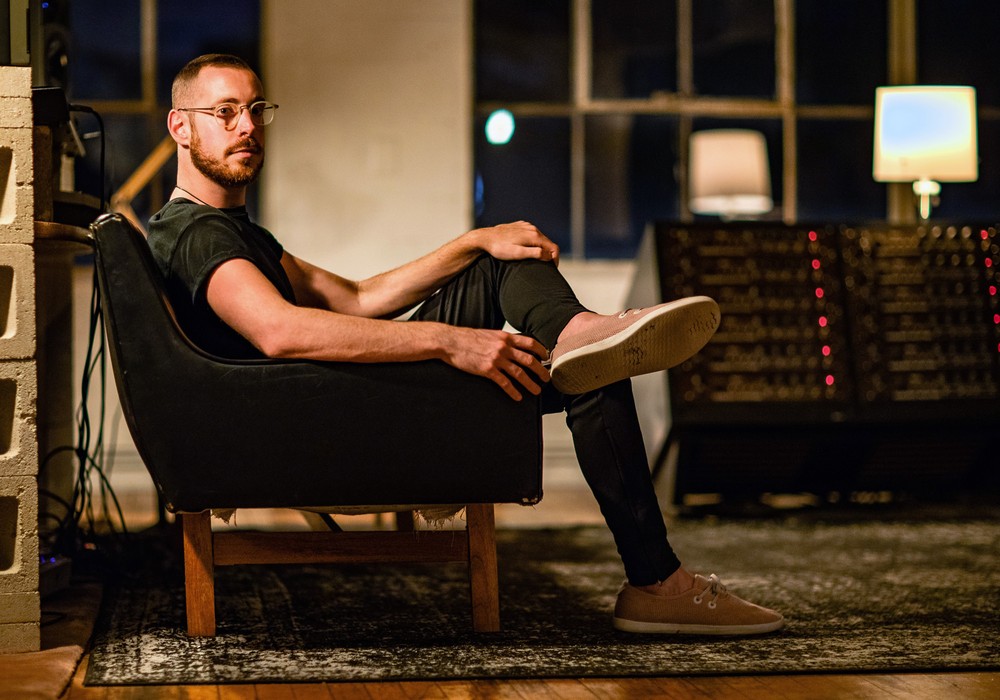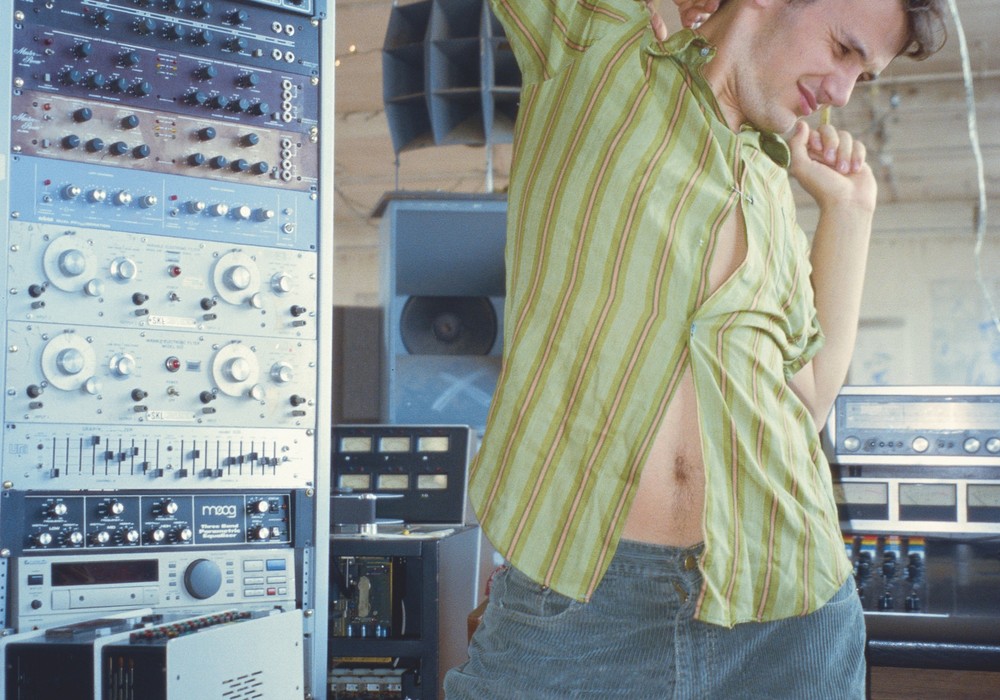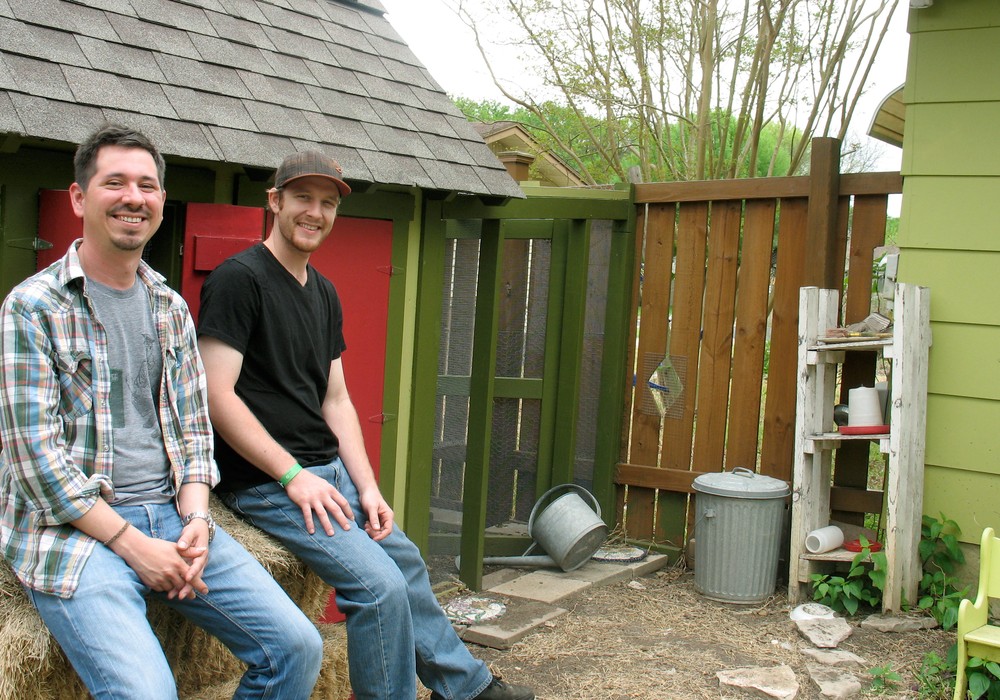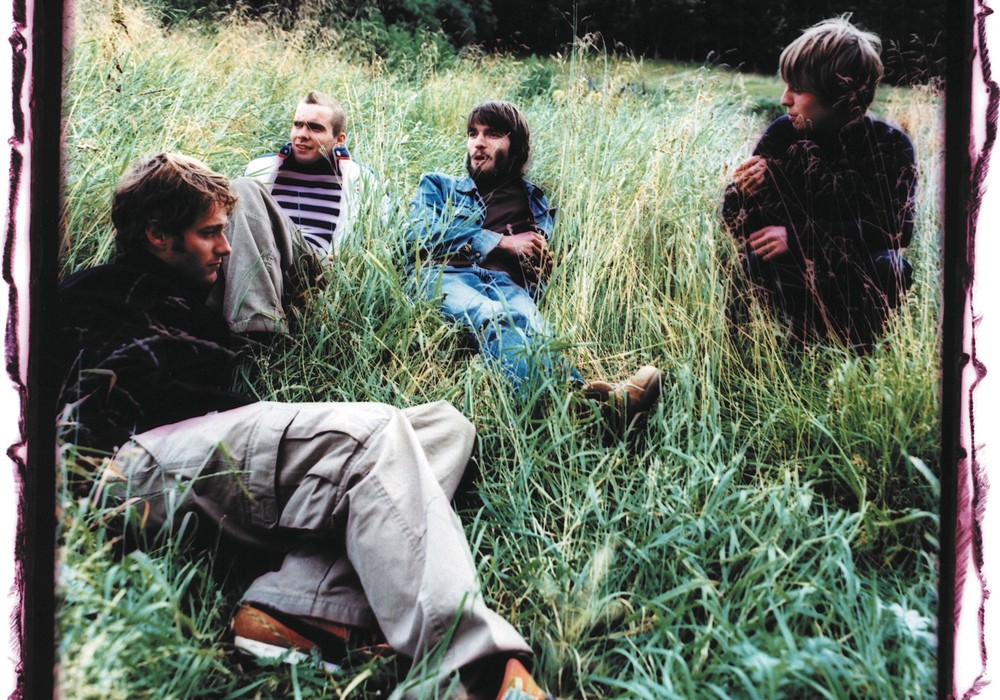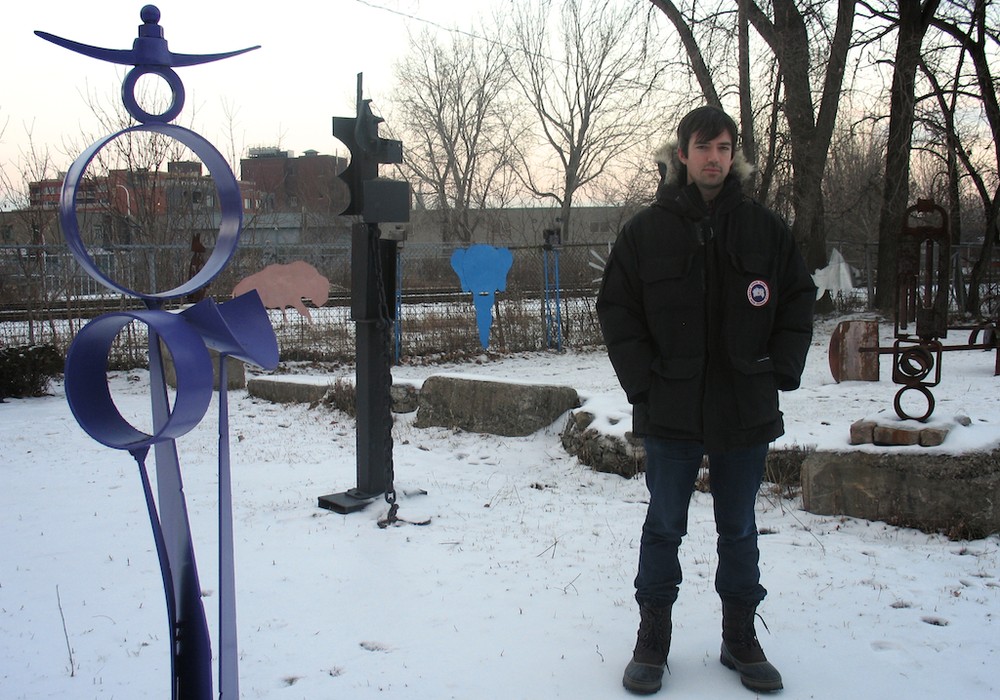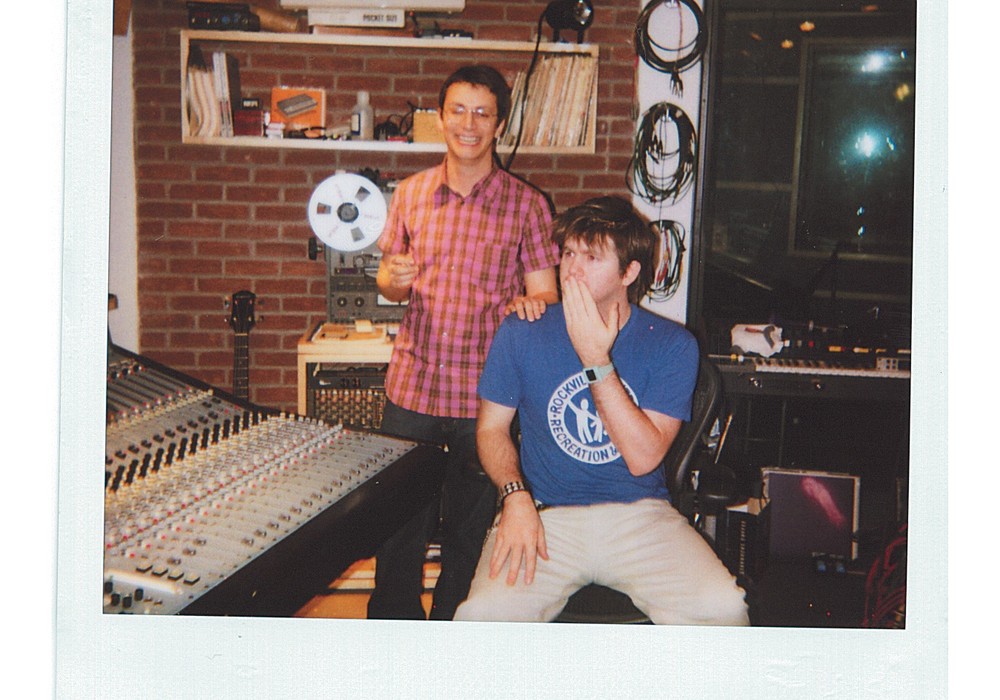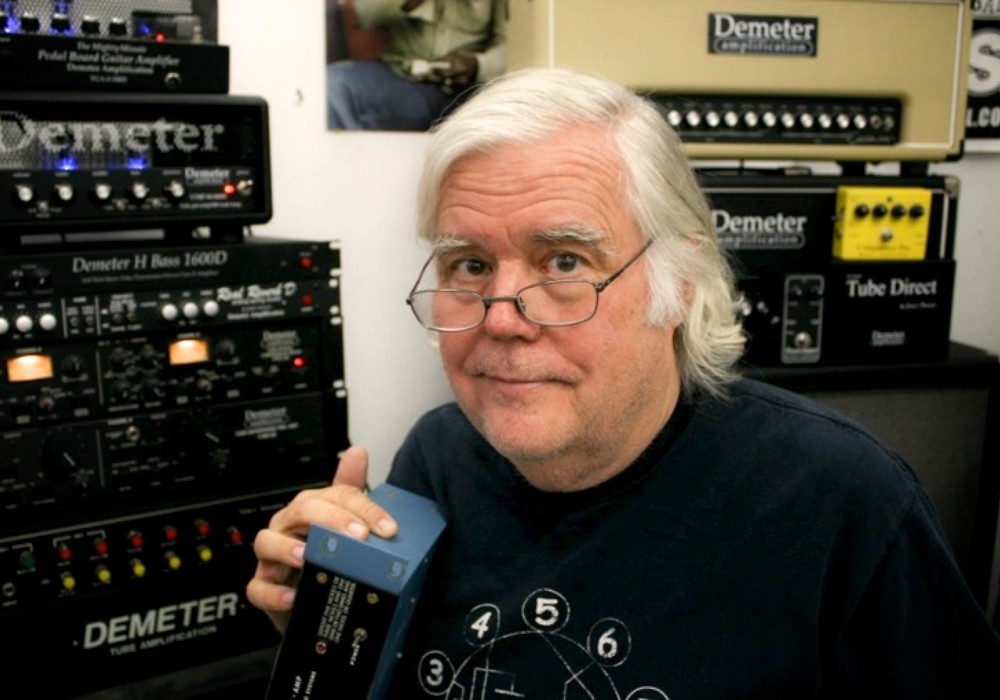Neko Case released her first album The Virginian in 1997 and since has released six records, documents of her growth as a singer, songwriter, and a producer. Her latest release, Hell On, still has whispers of her Americana past, but leans more toward an art-rock record, with theatrical arrangements that highlight her vivid and evocative lyrics. Neko’s recent interview in Tape Op #127 was fantastic, but there was so much to talk about, so online publisher Geoff Stanfield caught up with her at a recent tour stop in Seattle.
Thanks for doing this!
Are you kidding me?
I know that you’ve already done a Tape Op thing recently...
I’ll do it again and again.
Awesome. How do you see some of the aesthetics or the process that you learned at art school showing up in the way that you make music today?
Well, the school that I went to, which was Emily Carr University of Art + Design in Vancouver, BC, they were really good about making sure that the big question that you understood was, you know, "Does my piece – whatever it may be, art, music, performance, animation, paintings, whatever – does my piece say to the audience what I’m trying to say?" They want you to try to figure out what it’s like for people viewing it from different perspectives. To see it from every angle, to weigh whatever the details are. I dunno. Of course, it depends on how heavily you cared. "Is my piece really saying anything, or am I just doing it for fun?" Sometimes you are just doing it for fun. You try to be several people at the same time. I think writers, people who write novels and who write fiction, want to be everyone in the world. They want to be like tourists in other peoples’ existences, which can be a problem, but it’s also a really pure want. It’s based on compassion for people and interest in people and excitement. Not just people, but like you want to be a tourist in the life of a tree for example. You can do those things. I don’t know. That’s where really exciting ideas come from. Ideas make other ideas, and it’s this crazy rabbithole you can go down. Ideas breed like rabbits. This really is going somewhere, I swear to god. You also learn there, or at least I did from my particular institution, what it meant to make an honest assessment of yourself and figure out how it was you worked and how to be your own boss as in figure out what your disciplines are, figure out which circumstances contribute or detract from what you’re doing, how you deal with distractions, you know, what’s your optimum work environment? What do you have to do to whip your ass into shape, basically? You learn how to structure your life if you want to be an artist or a creator of any kind. That’s probably the most helpful lesson I’ve learned, because you can apply it to everything. I think that education, a lot of times, can be a real waste of time, but I didn’t have any parents, and I didn’t have any sort of structure growing up, and I really needed it to go into adulthood. I kind of used art school as my parents, but my super freaky, free-thinking parents. I don’t know how I would explain that. If I were to give advice to a younger person, I’d be like, find someone to apprentice with; someone you admire. If you have to do it randomly at first, do it, but find out what you like and don’t like. Your input really matters. It’s really good to figure out how to be humble and take criticism and have people say, “No, that’s not right,” to you. You can use your own opinion as to whether it’s right or wrong. But I’ve learned so much from people. I wouldn’t be anywhere if I didn’t take it on the nose sometimes.
Yeah, sure. Do you have a routine?
Well, there are so many different pieces of being a musician and a producer. Sometimes we’re on tour, and that is super structured. I’m not good at being a boss of that, so I hire several bosses to be my boss in that instance. Rachel is my manager, Luke is our tour manager, and then I have the booking agent, etcetera etcetera. I’m not doing it alone at all. There are a lot of people who are really great who are setting things up and making sure things move smoothly. In the songwriting process, I work with less people. I write songs on my own sometimes, but I don’t really like it. It’s...
